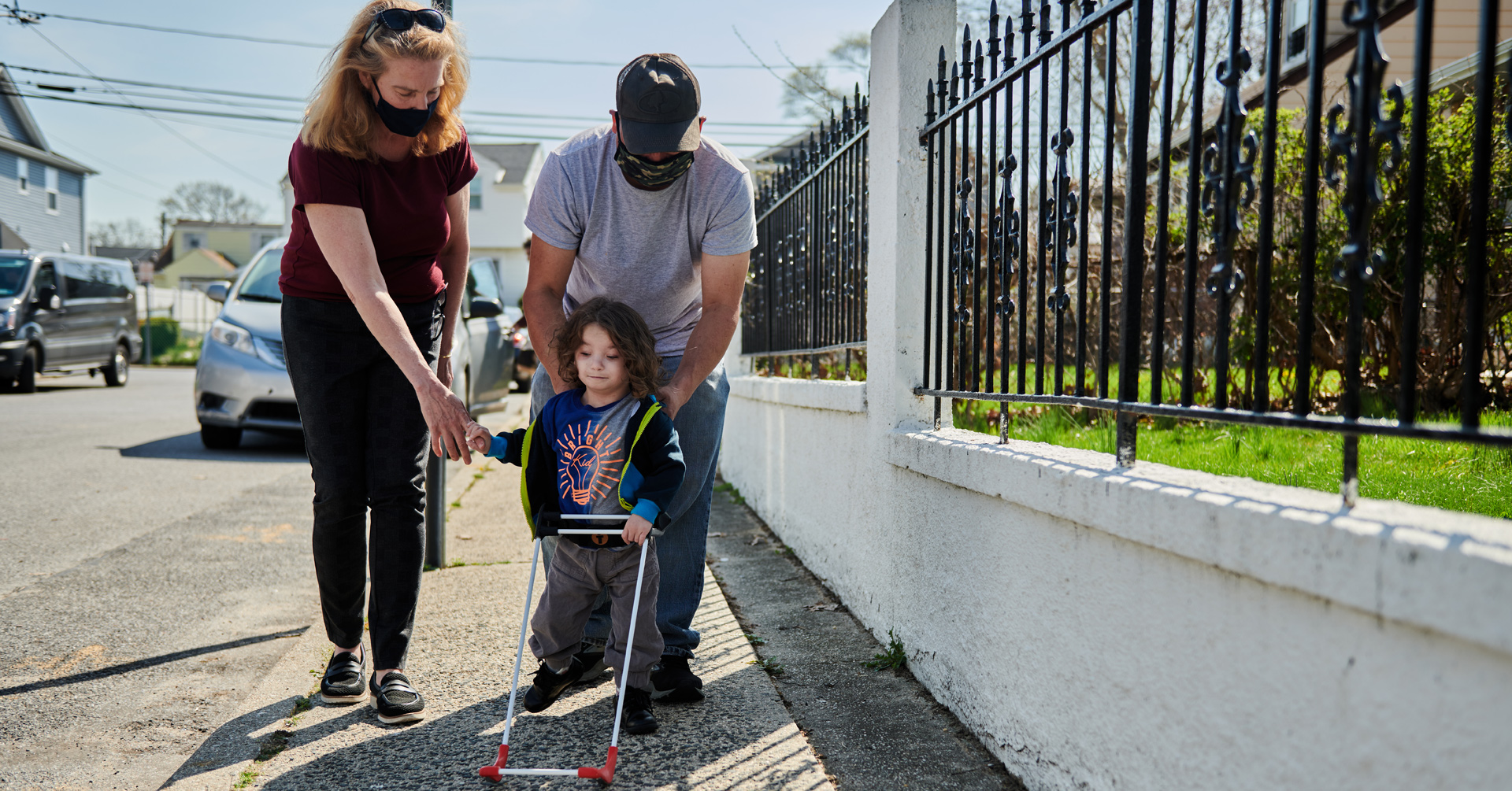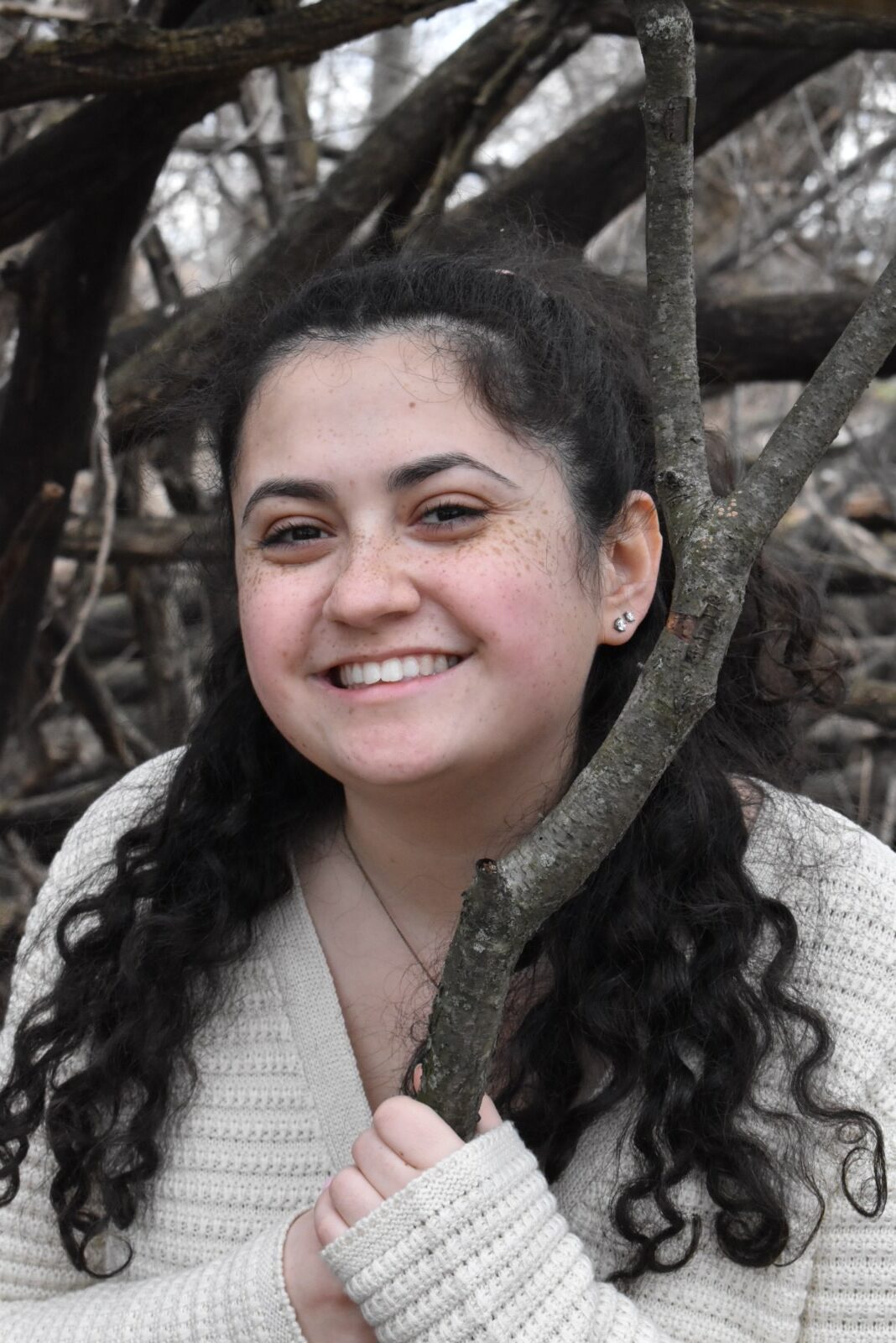City College professor of biomedical engineering Marom Bikson is working with medical device companies such as Boston Scientific to create medical devices to treat neurological diseases, such as depression, epilepsy, and more.
Bikson — whose areas of expertise include brain disease and medical devices — has been working with Boston Scientific for about eight years, first on the Scientific Advisory Board and now working on specific projects.
His work centers around using electricity to stimulate the brain’s healing process for issues like depression, blindness, epilepsy, pain, and possibly long COVID.
“There is a desire to always make [treatment] better and the way you make it better is by getting a better understanding of the mechanisms of how it works,” Bikson said during an interview with The RICC.
Treatments that use an “intentional and controlled form of electrical stimulation,” as he referred to it, are already in use, including the non-invasive electric therapy for people with depression and TENS for pain.
Bikson’s project with Boston Scientific deals with invasive electrical stimulation, but his lab also works on these non-invasive treatments, as well.
An example of invasive electrical stimulation is spinal cord stimulation, which he described as “pacemakers for the spinal cord.”
This type of device is used for relieving pain in patients who have not had success with other forms of pain relief, such as drugs. It’s not used for people with chronic or severe pain.
“This is pain that is persistent and severe all the time, and it’s ruining these patients’ lives,” Bikson said of the people who would usually be candidates for spinal cord stimulation.
Discovering new mechanisms and better technology for Spinal cord stimulation is the primary project Bikson is working on with Boston Scientific.
The Bikson lab, which includes students of all collegiate levels, is also working on non-invasive battery-containing caps that people struggling with depression can wear at home. Additionally, he’s working on a very similar cap that can help people with long COVID.
“I’m also very excited about research we’ve been doing with wearable bratim stimulations device for long COVID,” he said. “I think that’s going to be a major, major ongoing issue in our society and so I’m motivated to contribute and to develop therapies for it.”
These caps are a form of transcranial direct current stimulation, or tDCS, a targeted version of which, called High-Definition tDCS, was invented at City College. Though it is not currently approved by the Food and Drug Administration, tDCS is being used by NYU Langone’s neurology department to treat patients with depression, long COVID, multiple sclerosis, and other brain disorders.

The Bikson group also co-created a device to improve the quality of life for blind children.
The toddler cane, also called the belt cane, is a cane attached to the front of a belt made for blind toddlers, so they do not bump into things while walking, running, and playing. The non-profit organization for which he developed the cane, Safe Toddles, donates toddler canes to families with blind children.
“The mission of the nonprofit is to give every blind child a toddler cane,” he said. “I’m very excited about ongoing work in the lab and through the nonprofit to make these canes and to get them to every blind child in the world.”
Overall, Bikson said that his goal is to create devices to help people suffering from brain diseases, and to do so as quickly as possible.
“People will sometimes use the word ‘translational’ to talk about research that’s bench-to-bedside, and that’s something that I always try to focus on,” he said. “I try to pick projects and work on them in such a way that I’m confident or I’m hopeful that this could reach patients in a short period of time.”

Amanda is a student at the CUNY Graduate School of Journalism, where she’s studying health & science reporting and broadcast journalism. She graduated from Baruch College in May 2022, where she double majored in journalism & creative writing and political science and double minored in environmental sustainability and communication studies. She has been published in City & State, BORO Magazine, Bklyner, The Canarsie Courier, the New York City News Service, PoliticsNY, Gotham Gazette, Bushwick Daily, DCReport, News-O-Matic, The Queens Daily Eagle, Tower Times, The Ticker, and Dollars & Sense Magazine.